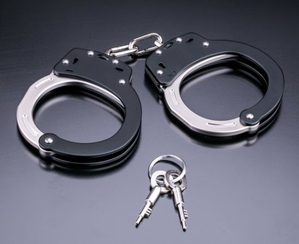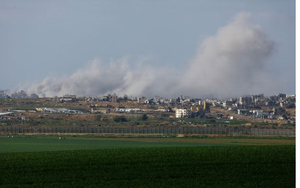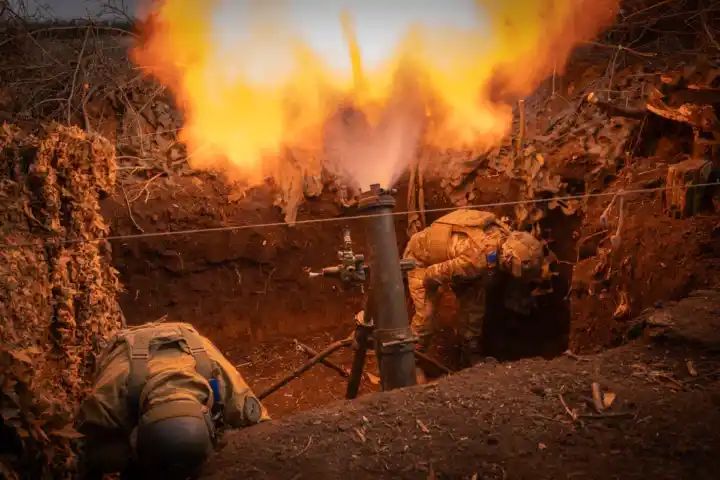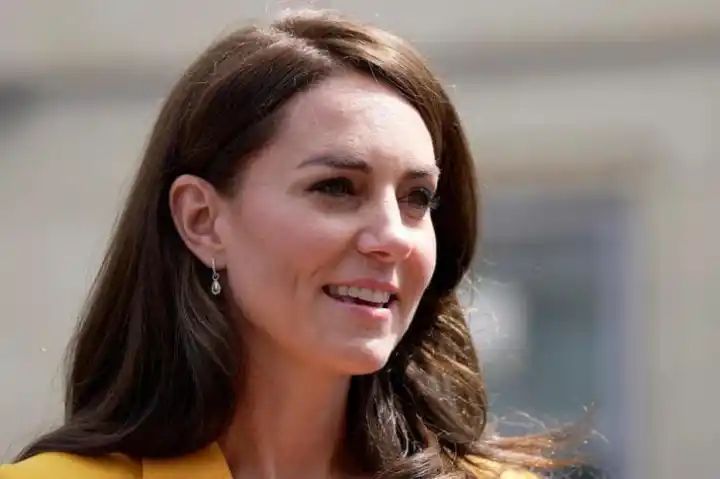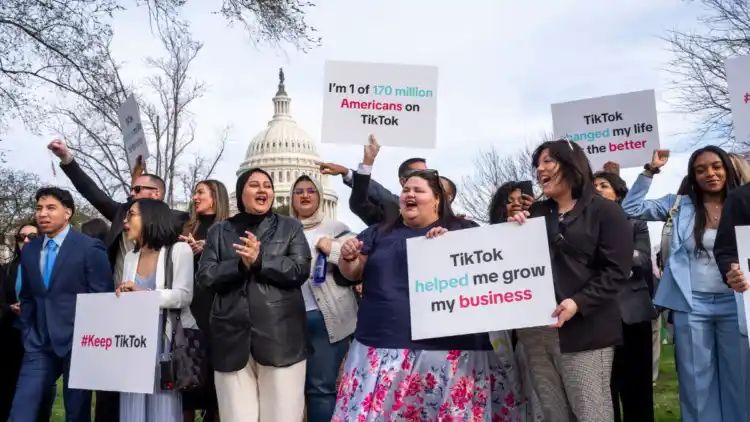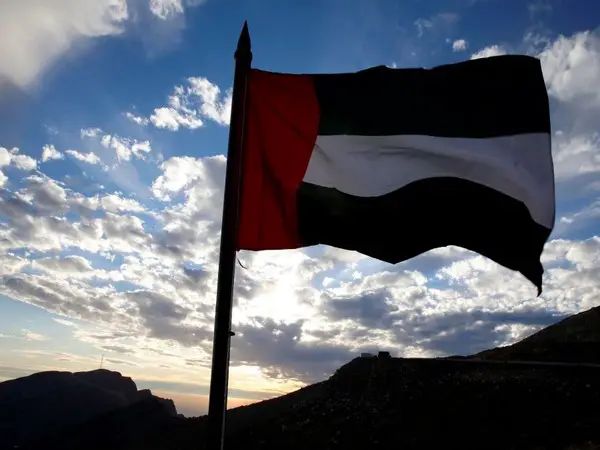Algeria sets election for September. The military-backed president is expected to seek a 2nd term
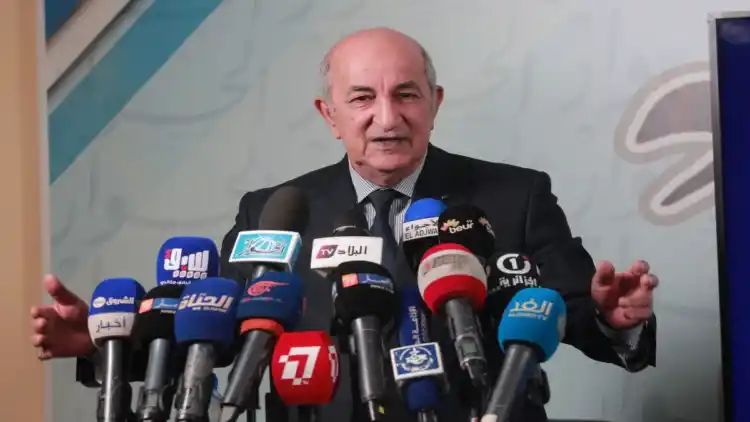
The next election in Algeria is scheduled for September 7, which would give first-term President Abdelmajid Tebboune more than five months to campaign if he chooses to run for reelection to a second term as head of the oil-rich nation in north Africa.
Following a meeting with a committee that comprised senior members of Parliament, the constitutional court, and the country’s independent electoral body, Tebboune’s office released the date in a statement on Thursday.
The only candidate to oppose Tebboune, who has not yet declared his intention to run for reelection as president of the 44 million-person nation grappling with increasing political and economic difficulties, is Zoubida Assoul of the Union for Change and Progress. Algerian elections were scheduled for December 2024, thus the statement caught everyone off guard and left observers wondering why the dates had been changed.
Known for her work representing political prisoners, Assoul, a 67-year-old attorney, declared three weeks ago that she was running for office because she was “confident in the possibility of changing the course of things.”
The 78-year-old leader supported by the military took office in 2019 and this will be the first election to be held in September. In the wake of a popular uprising that forced his predecessor to retire, he won a low-turnout election that December.
Activists boycotted the vote and stormed polling stations to protest the election and demand a broader overhaul of the political system. After winning with the backing of a powerful general, Tebboune vowed to meet with protesters and fight the corruption they so despised.
He initially freed some jailed youth involved in the “Hirak” protests but throughout his nearly four-and-a-half-year tenure, Algeria has ramped up punishments both for activists and for members of its once-vibrant free press who criticize the government.
Its state spending and the broader economy remain heavily reliant on oil and gas, while inflation, unemployment and food shortages continue to plague its economy, despite a natural gas revenue bump enjoyed at the start of war in Ukraine.
Algeria is among more than 50 countries holding elections in 2024.
